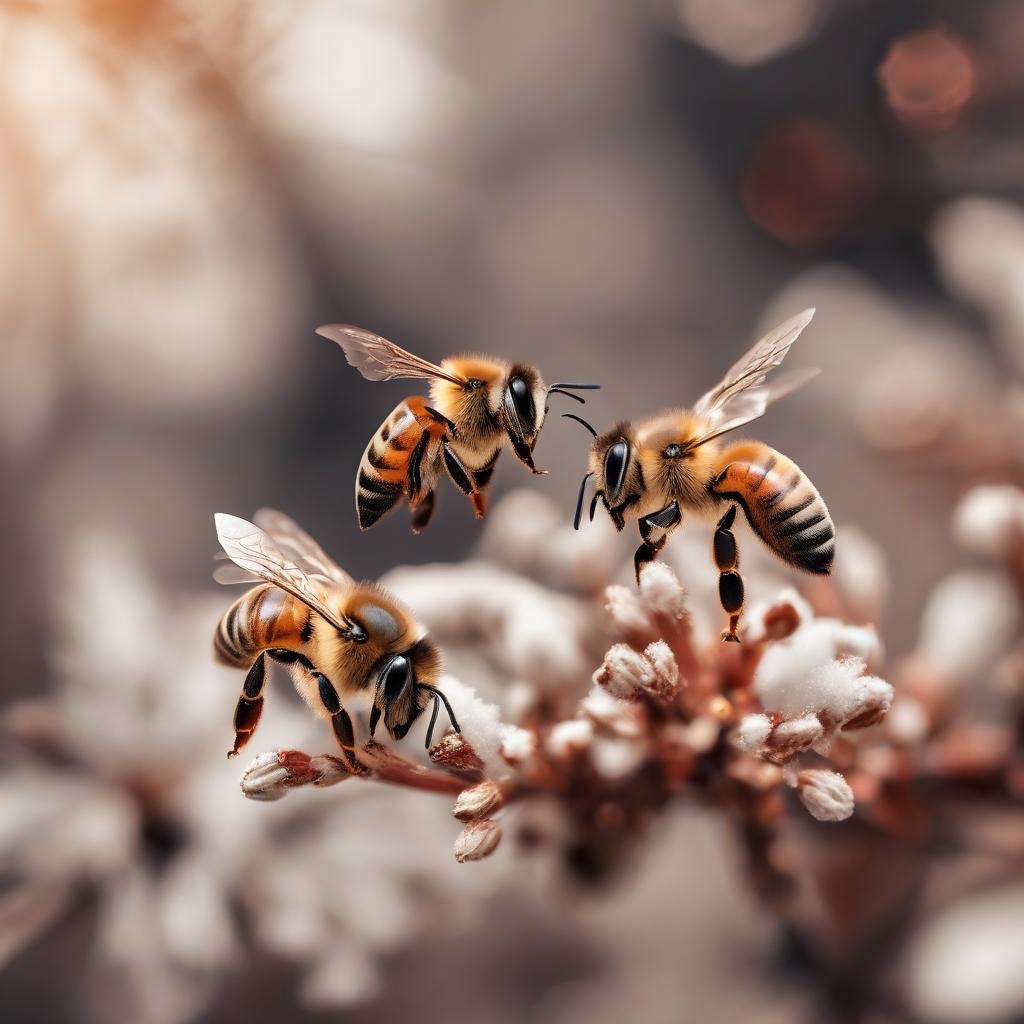The worker honey bee is an industrious insect, living its short life as one small cog in the giant community that is her colony. Her single aim is to help protect the colony, and part of that plan involves making sure that her family has enough food to last through winter.
The honey bee – Apis mellifera – is so named because the workers don’t stop foraging even when they have plenty honey packed away in the comb. Wild animals sought out honey bee colonies and plundered the delicious honey. When humans evolved, they too developed a fondness for sweet honey; but, over time, they learned that caring for honey bees’ welfare was important.
Beekeeping and beekeepers have evolved over millennia but pure honey is as good now as it has always been. As hobby beekeepers, we take enormous pride in our bees’ work and it shows. We treat our bees with the respect that they deserve, and only harvest what the bees can readily spare. Honey from your local beekeeper will not have anything added or taken away. It will simply have been strained to remove coarse, extraneous lumps of wax or pollen, then run into a jar and labelled. Much of the honey available in supermarkets is pasteurised and filtered to give a uniform product. Pasteurisation and heating destroy the natural enzymes and the characteristic flavour and aroma. Filtration removes all pollen grains.
To find beekeepers in your area, please go to our Local Associations page.
Will my local beekeeper’s honey be raw and organic?
It may be organic if the beekeeper is certain that there is nothing within a 2-mile radius of the hive other than organically grown crops that would attract the bees. Bear in mind that dandelions and other wildflowers provide excellent forage for pollinators.
“Raw” is a term that sometimes appears on honey labels, but no legal definition exists for “raw honey”. The dictionary definition of raw is “Uncooked; unprocessed, unrefined”. Commercially prepared honey is likely to have been flash-heated and filtered to give a uniform product whereas local honey is produced on a small-scale using artisan methods; simply strained to remove unwanted lumps. Therefore, honey that you buy from a beekeeper can be regarded as “raw”.
Why is Supermarket “Honey” so cheap?
Cheap supermarket “honeys” are often labelled “Produce of EU and non-EU countries” or “Packed in the UK”. The honey in a cheap jar is likely to have been diluted with a designer syrup that is manufactured (mostly in China) on an industrial scale. It mimics the chemical properties of true honey thereby evading Food Standards’ tests. It is cheap and bland. The supermarket label may say “100% honey” but is that true? A recent article in “Which?” describes the rise of and reason for honey adulteration. You can read a European Commission report entitled Food fraud: How genuine is your honey? here. As beekeepers, we abide by the UK Government definition of honey which you can read here.
BBKA (British Beekeepers Association) is campaigning for a change to the regulations so that “honey” that is adulterated with syrups or fails to comply with the existing regulations in any way is labelled to reflect the true content. Click here to read the BBKA page.
A jar of honey from a local beekeeper will have that person’s name and address on the label and will have been harvested from their bees. It will be pure honey: a premium product, “the natural sweet substance produced by Apis mellifera bees from the nectar of plants” (to quote the Regulations).
Try your own taste test to compare a jar of cheap supermarket “honey” and a jar of honey from your local beekeeper. We think you will notice the difference!
Is “vegan honey” the same as locally-produced honey?
No – there’s no such thing. Anyone who labels a product as such is contravening the UK regulations: The Honey (England) Regulations 2015. Basically, anything labelled as “honey” must be made from nectar (or honeydew) that has been collected by bees and processed entirely by bees in their hive. “Vegan honey” may look like honey, but it’s a laboratory-designed substitute suitable for those who follow a vegan diet.
